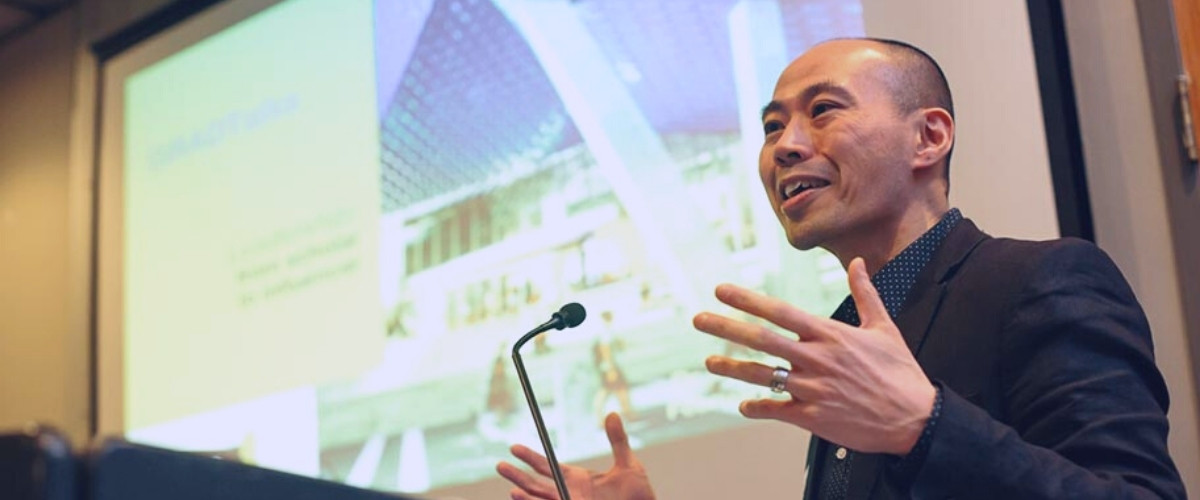About GLI

The Graduate Leadership Institute aims to empower postdoctoral fellows and graduate students with leadership capacity in order to impact our city, country and world with their influence.
What is leadership?
Leadership is about being an influencer for positive change. We may or may not have the job title or position of a leader, but we all have circles of influence: classmates, colleagues, business clients, family, friends, teammates, even strangers we meet. These networks give each of us an opportunity to influence others in helpful and supportive ways.
Leadership is also about creating positive change. When we take the time to look beyond ourselves, we will realize that there are many needs and challenges all around us. So as leaders, we can step up to identify problems or issues and use our influence to make a positive difference.
Why are "human skills" such as leadership important for graduate students?
A recent study (external link) by the Royal Bank of Canada suggests there needs to be a greater emphasis on “human skills.” Their research discovered that skills such as “active listening, to critical thinking, to social perceptiveness” are crucial in preparing students for the future workforce.
Though they will be academic authorities in their field, graduate students also need to develop their skills of influence to be effective leaders for their scholarly cause. Beyond their research knowledge, it is essential for them to also build their leadership knowledge and to practically apply a wide range of human skills to be fully career-ready.
Leadership development gaps
A needs assessment was conducted for current Toronto Metropolitan graduate students. Over 200 students responded to the assessment representing 32 different degree programs from all 7 faculties. The following are their responses to various statements related to their own leadership:
90% describe leadership as a very important attribute that they will need to be effective for their future career.
80% would describe their experience in leadership as limited or only somewhat experienced.
87% are not equipped or only moderately equipped with leadership tools, knowledge and skills for influence beyond their academic degree.
85% are not very career-ready or only moderately career-ready with leadership competencies (for example, creating vision, motivation, emotional intelligence, conflict management, situational leadership, etc.) to be effective.
89% are not very connected or only moderately connected to professional networks (internal and external to Toronto Metropolitan) that will help them be successful upon graduation.
95% do not meet regularly or meet only somewhat regularly with a graduate peer group for the purpose of sharing leadership challenges to support each other.
70% are not very confident or only moderately confident in their leadership abilities to be an effective influencer in the profession they plan to pursue.
What kind of learning opportunities will the GLI provide?
The GLI offers many exciting and meaningful learning opportunities including:
Return to GLI homepage.